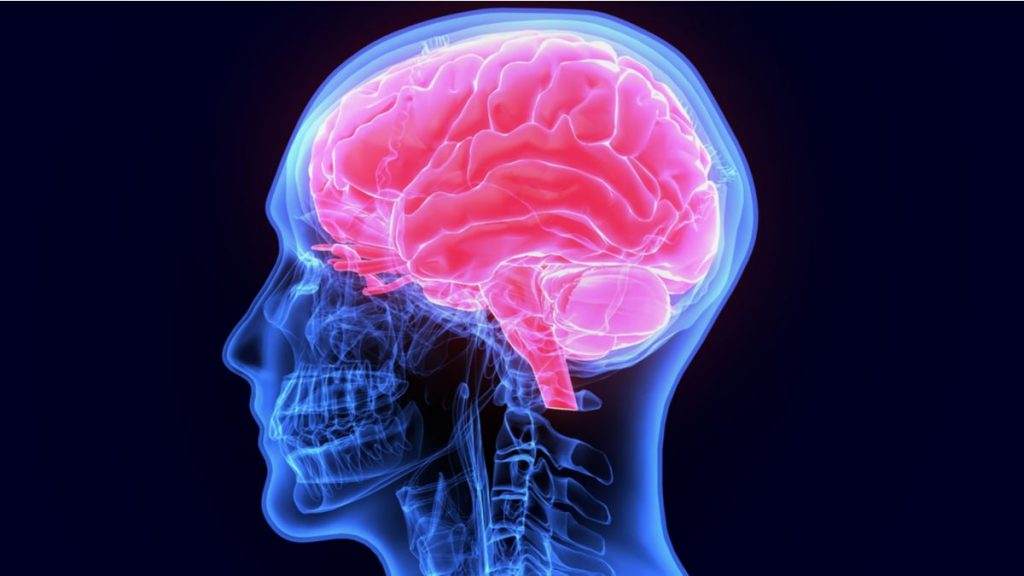Researchers have found that the ability to consciously perceive and identify sounds is suppressed during sleep, which has important implications for understanding the brain mechanisms involved in dreaming.
Significantly higher alpha-beta wave levels
In the context of work published in the journal Nature Neuroscienceresearchers from Tel Aviv University have implanted electrodes in the brain volunteers with epilepsy. Aimed primarily at monitoring the activity of different parts of their brains for diagnostic and treatment purposes, the procedure also allowed the team toexamine the brain’s response to auditory stimulation when patients were awake and asleep.
“ This allowed us to observe the responses of neurons in the cerebral cortex when the subjects were in different phases of sleep, which were compared to those occurring when they were awake. explains Yuval Nir, lead author of the study.
The experiments performed involved playing a variety of sounds through loudspeakers placed near the volunteers. In total, data on more than 700 neurons (about 50 per patient) were collected over eight years. If the brains of sleeping patients perceived sounds well, the researchers found an increase in the level of alpha-beta wavesparticularly related to attention, implying that the incoming sounds are analyzed but not ” transmitted » to consciousness.

Such results run counter to the accepted idea according to which, during the sleepthe sound-related signals quickly fade in the brain: much louder and more varied than expected, these are simply processed differently.
An essential mechanism
According to the researchers, these alpha-beta waves (10-30 Hz) depend on the ” return » of the higher areas of the brain. Indicating in particular the new character of a sound, these signals help our mind to determine which ones should be ” consciously perceived “. Although a similar increase in this type of waves has previously been observed in patients under anesthesia, this is the first time that it has been demonstrated in sleeping people.
In the future, such an approach could notably be used to determine whether a patient is really unconscious, during surgical operations, in subjects who are in a coma, or during examinations aimed at detecting potential signs of dementia. .
[related_posts_by_tax taxonomies=”post_tag”]
The post When you sleep, you lose an essential feature of consciousness appeared first on Gamingsym.

